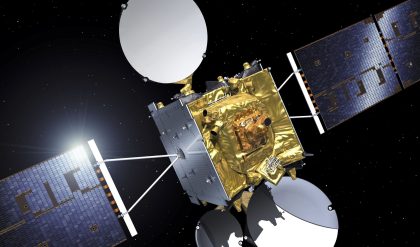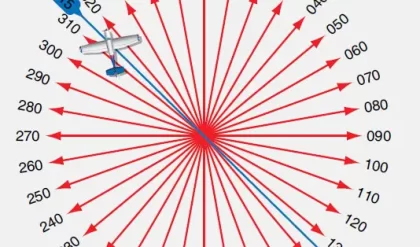Definition:
A collection of processing elements, which are inter connected both logically and physically with decentralized system, wide control of resources for co-operative execution of application programs.
A DCS consists of a number of microprocessor – based modules that work together to control and monitor a plant’s operations. The modules are distributed graphically.
Distributed processing is useful in process control for the following reasons:
1. DCS gives increased performance through resource sharing.
2. Increased reliability.
3. Modularity and expandability.
4. Reduced cabling cost (i.e., field wiring and installation)
5. It also reduces risk by distributing the control function throughout a number of small modules rather than concentrating it in one large module.
Disadvantages of Distributed control system:
Increased software development cost, more complex failure diagnosis and dependence on communication technology. These have been overcome to a great extent by the development of high – level languages and structured – programming concept, communication technology (e.g. fiber optics) and fault – diagnosis methods.




